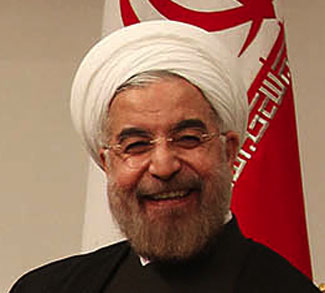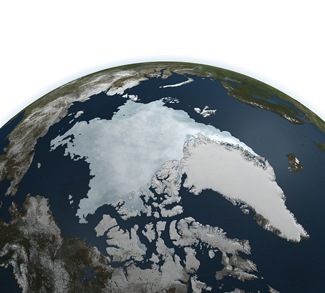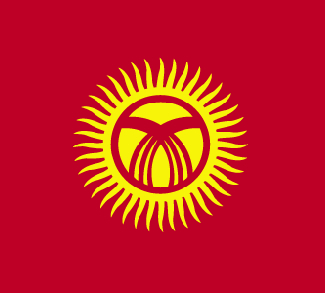In the 21st century, the Arctic has become a focal point for major powers, a region where melting ice caps are not only reshaping the physical landscape but also global geopolitics. Greenland, the world’s largest island, has emerged as a key player in this evolving contest. Its abundant natural resources, strategic location, and increasing accessibility due to climate change have drawn the attention of the United States, China, and Russia, each seeking to secure their foothold in the region. As the stakes rise, Greenland is no longer merely an icy expanse—it is a critical battleground in the race for Arctic dominance.
Greenland’s Geopolitical Importance
Greenland’s location at the heart of the Arctic gives it unparalleled strategic significance, bridging the North Atlantic and Arctic Oceans. This unique position places it at the intersection of North America, Europe, and the increasingly accessible Arctic region, making it a critical geographic node for military, economic, and logistical purposes.
A Geostrategic Location
Greenland flanks several emerging maritime routes that are gradually becoming navigable due to rapidly melting ice, including the Northwest Passage, which winds through the waterways of Greenland and Canada, as well as potential transpolar routes. These routes promise to revolutionize global shipping by dramatically reducing transit times between Asia, Europe, and North America, bypassing traditional chokepoints like the Suez and Panama Canals. This transformation also reduces reliance on politically unstable passages, further elevating Greenland’s importance as a maritime chokepoint and a likely logistical hub for Arctic shipping.
However, the Arctic’s new accessibility has also increased the potential for territorial disputes, as nations seek to extend their Exclusive Economic Zones (EEZs) under the United Nations Convention on the Law of the Sea (UNCLOS). Greenland, already controlling vast stretches of water as part of the Kingdom of Denmark, has joined Canada, Russia, and Norway in submitting claims to the Arctic seabed. The race for EEZ extensions and their vast economic potential further amplifies Greenland’s growing strategic significance in Arctic geopolitics.
Adjacent to the GIUK Gap—a critical naval corridor connecting Greenland, Iceland, and the United Kingdom—Greenland plays a pivotal role in monitoring and controlling access to the North Atlantic. Historically, the GIUK Gap served as a frontline in Cold War military strategy, providing NATO forces with a critical area to detect and intercept Soviet submarines and naval movements. Today, as Arctic activity intensifies, this chokepoint has regained strategic importance. Russian submarine patrols, naval exercises, and expanded Arctic military operations highlight the region’s ongoing relevance, with Greenland serving as a key outpost for NATO and U.S. operations to maintain vigilance and deter adversaries.




